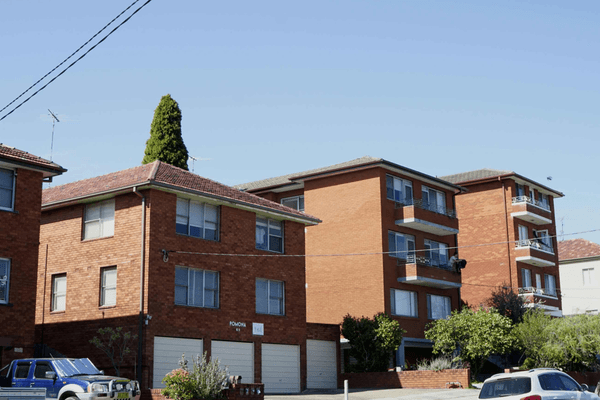
Share
Property investors in Australia seek smart pathways into real estate. Many start by renting where they live while buying investment properties in growth areas. This method, called rentvesting, helps build wealth through rental income and capital gains. Tax advantages and lower entry costs add extra appeal for new investors wanting to expand their portfolios.
Property ownership paths in Australia often start with buying a home. Yet buying an investment property through rentvesting can work as a better way to build wealth.
Understanding rentvesting
With property prices continuing to rise in major capital cities, many Australians need new ways to enter the market. Rentvesting lets investors buy property in affordable areas while renting where they want to live. This approach splits the emotional aspects of home ownership from the financial benefits of property investment.
The rental income helps offset mortgage costs, making the property easier to maintain long-term. Property investors can claim tax deductions that aren’t available to owner-occupiers, such as repairs, maintenance, insurance and loan interest.
Good debt vs bad debt in property
Investment properties create good debt by generating income through rent and tax benefits. The debt works to build wealth rather than drain resources. Owner-occupied homes represent bad debt as they cost money without producing income. This key difference means investment properties can strengthen financial positions and boost borrowing capacity.
Many banks view investment property loans more favourably than owner-occupier mortgages. The rental income and tax advantages improve serviceability calculations. This makes it easier to qualify for additional loans and expand a property portfolio over time.
Financial benefits of starting with investment
Starting with an investment property allows buyers to enter the market at lower price points than many owner-occupied homes require. This helps investors build equity faster through both capital growth and rental returns. The investment can then act as a stepping stone toward buying a home to live in later.
Investment properties tend to perform better financially when buyers focus purely on growth metrics rather than emotional factors. Key indicators include local infrastructure development, population growth, rental demand and affordability relative to surrounding areas.
Building long-term wealth through property
Property investors should take a long-term view, aiming to hold assets through multiple market cycles. Over time, well-chosen properties tend to increase in value beyond their purchase price and ongoing costs. The combination of capital growth, rental income and tax benefits helps create wealth steadily.
Regular rent reviews help maximise returns, while preventative maintenance protects the property’s value. Investors should maintain cash reserves for repairs and vacant periods. This reduces stress and prevents forced sales during market downturns.
Tax advantages for property investors
The Australian tax system offers multiple benefits to property investors. These include deductions for property management fees, council rates, insurance premiums and maintenance costs. Investors can also claim depreciation on buildings and fixtures, reducing taxable income without affecting cash flow.
Negative gearing allows investors to deduct property losses against other income when costs exceed rental returns. This tax benefit makes it easier to hold properties during growth phases when rental yields might be lower.
Choosing investment locations
Research remains critical when selecting investment areas. Look for locations with diverse employment options, good transport links and plans for infrastructure improvements. Areas with multiple growth drivers tend to perform better than those relying on single industries.
Consider factors like rental vacancy rates, tenant demographics and local development applications. These indicators help predict future property performance. Areas going through gentrification often offer good growth potential as their amenity levels improve.
Further questions
What deposit do I need for an investment property in Australia?
Can I use my superannuation to buy an investment property?
What insurance do property investors need?
How does the ATO view short-term rental investments?
What impact does zoning have on investment properties?
This is general information only and is subject to change at any given time. Your complete financial situation will need to be assessed before acceptance of any proposal or product.





